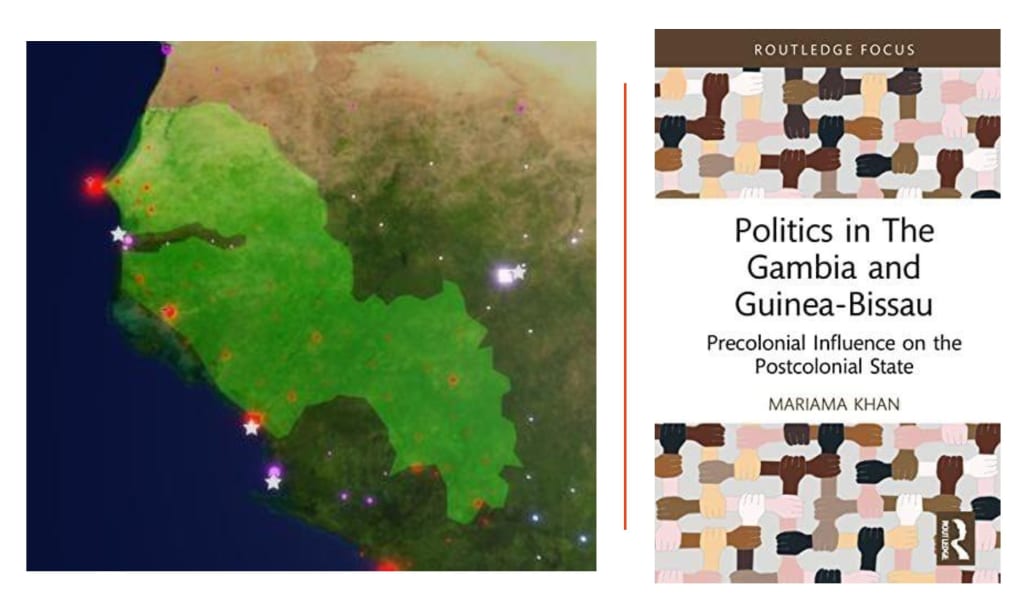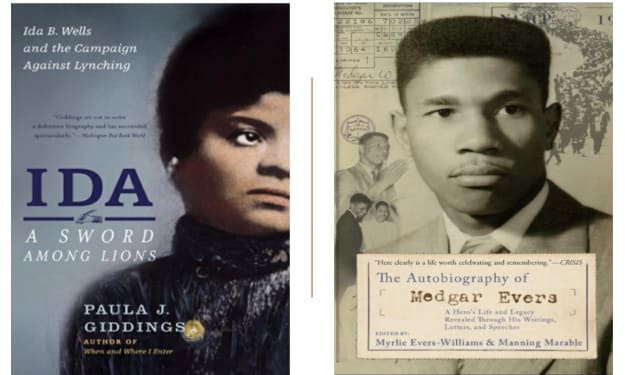The Mandinka Province of Senegambia: The Kaabu Empire
“I herby place all Kaabu in the palm of my right hand and I place it on my shoulder. If my palm does not break, and my shoulder does not crumble, I will lead well the whole Kaabu – from Batamari to Koseimari, from Manakan to Sonkonia Tendinnyoto.” – Janky Wally, the last Mansa (King) of the Kaabu Empire

The Kaabu Empire (1537-1867) was founded by the Mandinka people from the Mali Empire. Kaabu, like Mali was founded on strong Mende (Mandinka) values and ethics. Nyanchoo culture is examined in relation to five Mandinka political and social principles, which include Telingho (justice or being just), Forooya (possessing an exemplary character), Mooya (endowed with social intelligence), Hakiliyerewa (consciousness, the source of wisdom and critical thinking) and Sobeya (values for hard work and seriousness). It was these values that shaped Mandinka cultural and political philosophies and contributed to making them notable state-builders in West Africa.
From the Mali Empire, firstly, Mandinka migrations consisted of small groups of agriculturalists in search of land and blacksmiths looking for wood to sustain their smith work. Secondly, Muslim Mandinka traders, popularly known as the juula or julolu, traded between the Savannah and the forest regions. Thirdly, Mandinka state-builders, including warriors looking for new sites to broadcast their power and authority, were instrumental in founding Kaabu, and Kaabu was an imperial province of the Mali Empire that later became an independent country. These three different groups of Mandinka migrants integrated in different communities and locations in West Africa through conquest, assimilation, resistance, and cooperation.
After the founding of the Mali Empire, according to oral historian Dembo Fatty, Mansa (i.e., Emperor) Sundiata Keita sent emissaries to procure horses in the Senegambia region. However, bourba Jollof (king of the Jollof Kingdom, which was in present-day Northeast Senegal) captured and then killed the Mali emissaries. When the botched horse procurement mission was reported to Mansa Sundiata Keita, he assigned Fakoli Dumbuya, the master warrior of Mandinka, to avenge the dead of the emissaries. General Tiramakan Traore insisted that he lead the mission to avenge Mandinka blood, or he would commit suicide. Once General Tiramakan Traore undertook the mission, he defeated, and killed bourba Jollof, and proceeded to conquer large parts of the lower Senegambia region. This territory was first called Tiramakan Banku (“Tiramakan country” named after the general). Later, it was renamed Kaabu.
Over 75,000 people, including princes, generals, marabouts, slaves, freemen, and different artisan groups, left the Mali Empire to settle the Senegambia region. This region was a federation with a fierce warrior aristocracy. From the 13th century, Kaabu was an imperial province of Mali, but it became an independent state from 1537 to 1867.
The Kaabu, like other states in the Senegambia region had clearly defined territories. They were sovereign. Their international politics were shaped by a view that war and the affairs of the state should be conducted for the benefit of the nation. For example, like the 12 states of the Mali Empire, each of the 32 states of Kaabu had their own governors. Nyanchoo provinces had mansa’s (i.e., Kings) who were subject to Kaabu mansa’s authority, as supreme king. Each of the 32 states also provided representatives to participate in federal matters or assignments.
Like Mali, where the mansa’s court consisted of the administrative apparatus of the federation, the royal hearth of Kaabu in Kansala was the permanent seat of the Kaabu mansa. In both Kaabu and Mali, the operation of peacetime governance was different from wartime leadership. During war, a state of emergency was declared, and certain officials were delegated specific responsibilities for the smooth operation of the affairs of the state. Usually, those individuals belonged to the aristocracy or had special skills that were needed during that period.
Tiramakan Banku became the initial place of power of General Tiramakan Traore. Mariama Khan, author of Politics in the Gambia and Guinea-Bissau: Precolonial Influence on the Postcolonial State, argued that the switch to Kaabu happened when the state was integrated into the Transatlantic slave trade. The Kaabu Empire became a predatory state and maintained its power through wars, enslavement of enemies and war captives. Kaabu is etymologically and symbolically connected to the Mandinka word “kabonh,” which means to “shoot” (weapons, guns). The linguistic evidence, traditional Mandinka place name patterns, and historical realities of Kaabu support the conclusion that the word was used to signify “the people who shoot,” or “shooters.” It captured how Kaabu was transformed into a slave-trading warrior nation. The renaming of the Kaabu nation was done to capture its predatory spirit, which was further demonstrated in the self-inflicted genocide that ended Kaabu power.
“Thus, from my analysis the name Kaabu came to replace Tiramakan Banku, to capture the ferocious economy and politics of the state.” - Mariama Khan
By the time the Kaabu Empire collapsed in 1867, Europeans had already marked their presence in the upper Guinea coast and in the Senegambia region because of the slave trade, previous voyages of exploration and missionary work. In 1884-1885, less than three decades after the fall of the Kaabu Empire, 14 European nations, including England, and the United States of America met in Berlin, Germany for the Berlin Conference, which was called by Otto Von Bismark and Kaiser Wilhelm to negotiate and partition African territories, which formally became colonial possessions of European powers. The only people not invited to the Berlin Conference were the Africans, whose lives would be altered by the decisions agreed upon the European nations in attendance.
The memories of Kaabu were still fresh in the minds of the local people, who found themselves as subjects of European powers. The British and Portuguese divided their colonial possessions into a colony area and a protectorate. The Gambia became a British colony, Guinea-Bissau became a Portuguese colony, and Senegal became a colony of France.
Sources:
Browder, A. Nile Valley Contributions to Civilization: Exploding the Myths Vol. 1. The Institute of Karmic Guidance; First Edition. (Dec. 1, 1992). June 1, 2023. p. 258.
Clarke, J. Jochannan, Y. New Dimensions in African History: From the Nile Valley to the New World: Science, Invention & Technology. Africa World Press, Inc. (1991). June 1, 2023. p. 15, 19-20.
Khan, M. Politics in The Gambia and Guinea-Bissau: Precolonial influence on the Postcolonial State. Routledge Studies in African Development. Routledge; 1st edition. (Nov. 18, 2021). June 1, 2023. p. Cover, 3, 50, 53, 62-63, 82-83, 90.
Roblox Rise of Nations Wiki. Kaabu Empire. Roblox Rise of Nations Wiki June 1, 2023. https://ronroblox.fandom.com/wiki/Kaabu_Empire
Wikipedia. French conquest of Senegal. June 1, 2023. https://en.m.wikipedia.org/wiki/French_conquest_of_Senegal#:~:text=In%201659%2C%20France%20established%20the,for%20the%20next%20300%20years
About the Creator
Darryl C. Richie
Inspirational Speaker, Author and Blogger looking to inspire with my story of being a two-time cancer survivor and hip amputee, and connect the African Diaspora to their African roots via Black Consciousness.






Comments
There are no comments for this story
Be the first to respond and start the conversation.